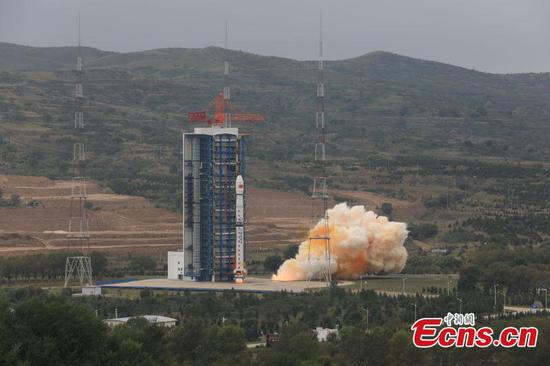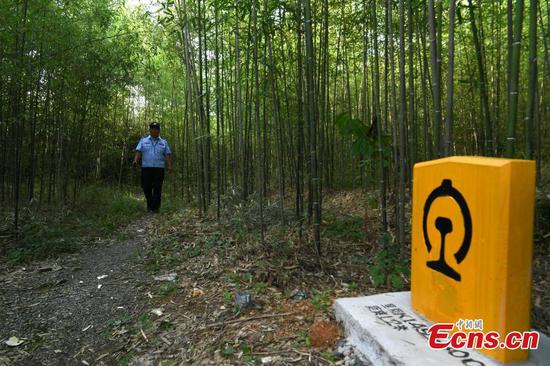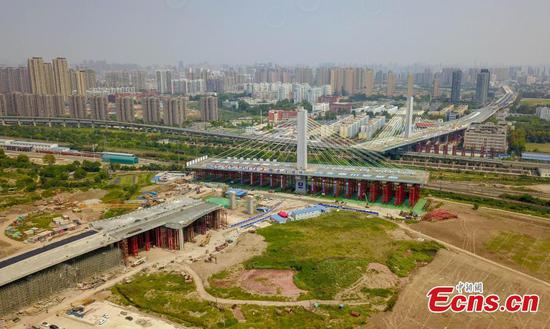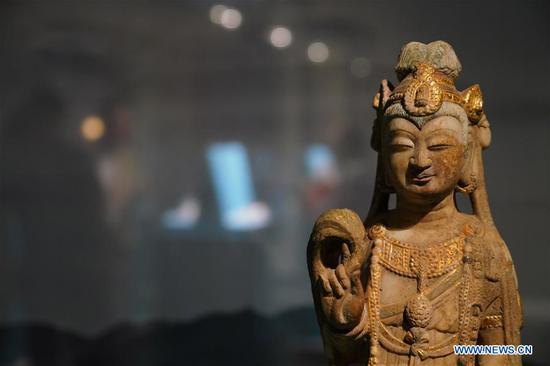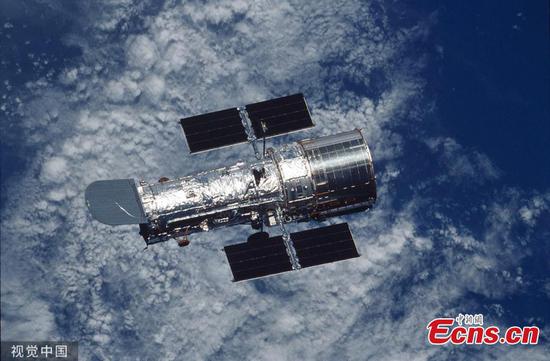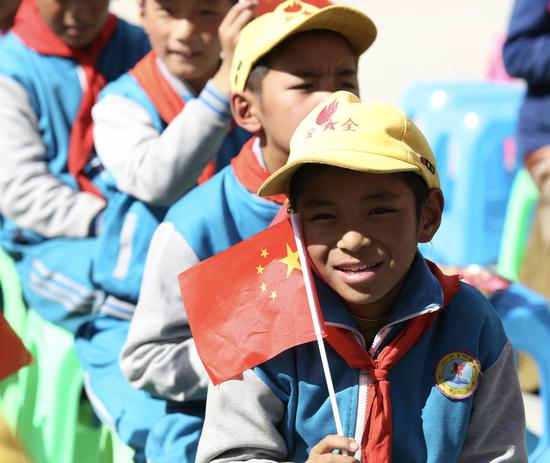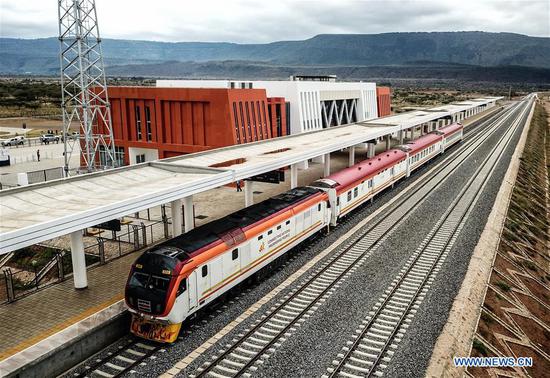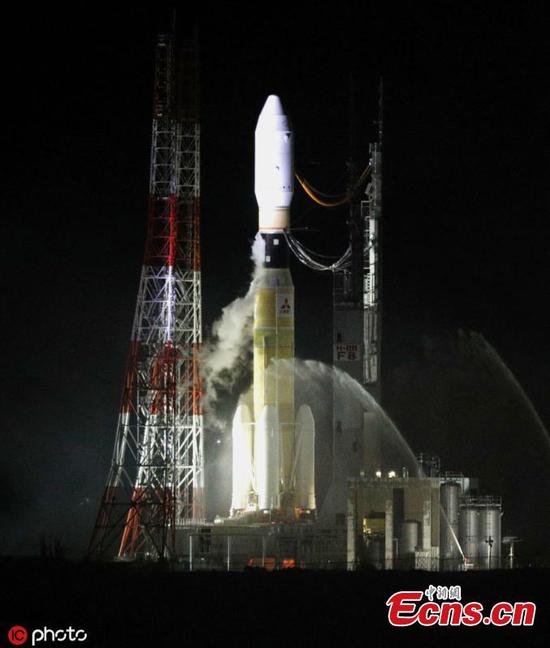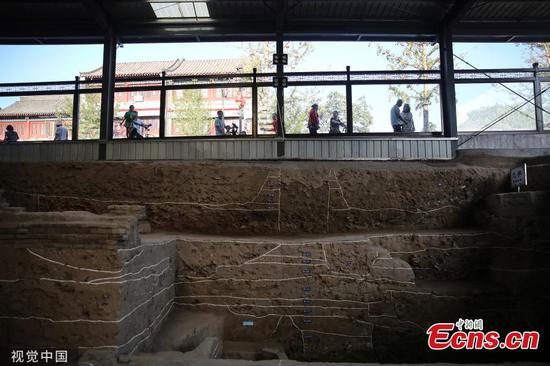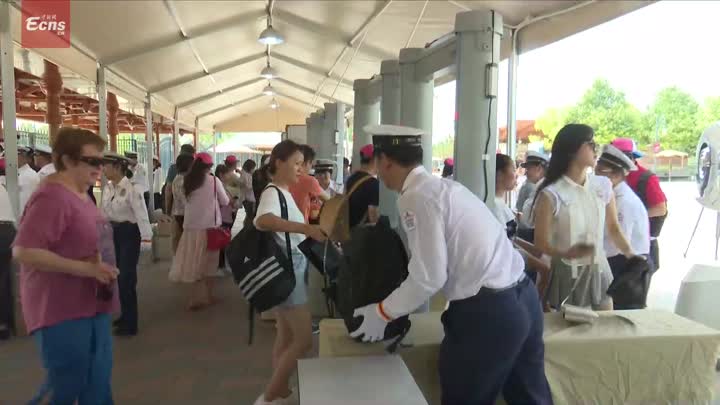
State Councilor and Foreign Minister Wang Yi meets with visiting Malaysian Foreign Minister Saifuddin Abdullah in Beijing, on Sept 12, 2019. (Photo/Xinhua)
China and Malaysia have agreed to establish a bilateral consultation mechanism on maritime issues to manage differences and safeguard the peace and stability of the South China Sea.
The decision came after State Councilor and Foreign Minister Wang Yi met in Beijing on Thursday with visiting Malaysian Foreign Minister Saifuddin Abdullah.
The two sides agreed to use consultations as a means of increasing mutual understanding and trust and to promote maritime cooperation.
After the meeting, Saifuddin told reporters, "Our officers will be discussing the details, but I think this is one important outcome of the meeting today and also for the 45 years of our diplomatic relations."
Wang, noting that the situation in the South China Sea has cooled down and is improving, said China and Malaysia will work with other members of the Association of Southeast Asian Nations to conclude negotiations on the Code of Conduct for the South China Sea by the end of 2021.
Xu Liping, a research fellow at the Chinese Academy of Social Sciences' National Institute of International Strategy, said in an interview with the South China Morning Post that Malaysia, as one of the more balanced countries regarding South China Sea issues, has played an important role in mediating.
Wang said China has been Malaysia's largest trade partner for 10 consecutive years. The two countries will continue the construction of China-Malaysia industrial parks in Qinzhou, in the Guangxi Zhuang autonomous region, and in Kuantan, Malaysia, to promote connectivity between them and the region, as well as advancing joint construction of the Belt and Road with high quality.
In July, China and Malaysia resumed construction on the East Coast Rail Link project in Malaysia after a years-long suspension.
The Malaysian foreign minister said that they were not only looking at the railway project, but also at other benefits and economic activities that came along.
In another development, Wang called on the United Nations Security Council on Thursday to consider invoking relevant provisions to modify sanctions against Pyongyang at an appropriate time.
The Democratic People's Republic of Korea said on Monday that it was willing to restart nuclear talks with the United States in late September only if Washington takes a fresh approach.
China welcomed the positive signals from the DPRK on resuming the talks and urged Washington to take steps to ease tensions and promote dialogue with Pyongyang.
"To simply make a list of demands for others and to even attempt to force the other side to make unilateral concessions through maximum pressure has not worked and will not work," Wang said.
China would be happy to see the two sides restart their talks as scheduled, he said.













